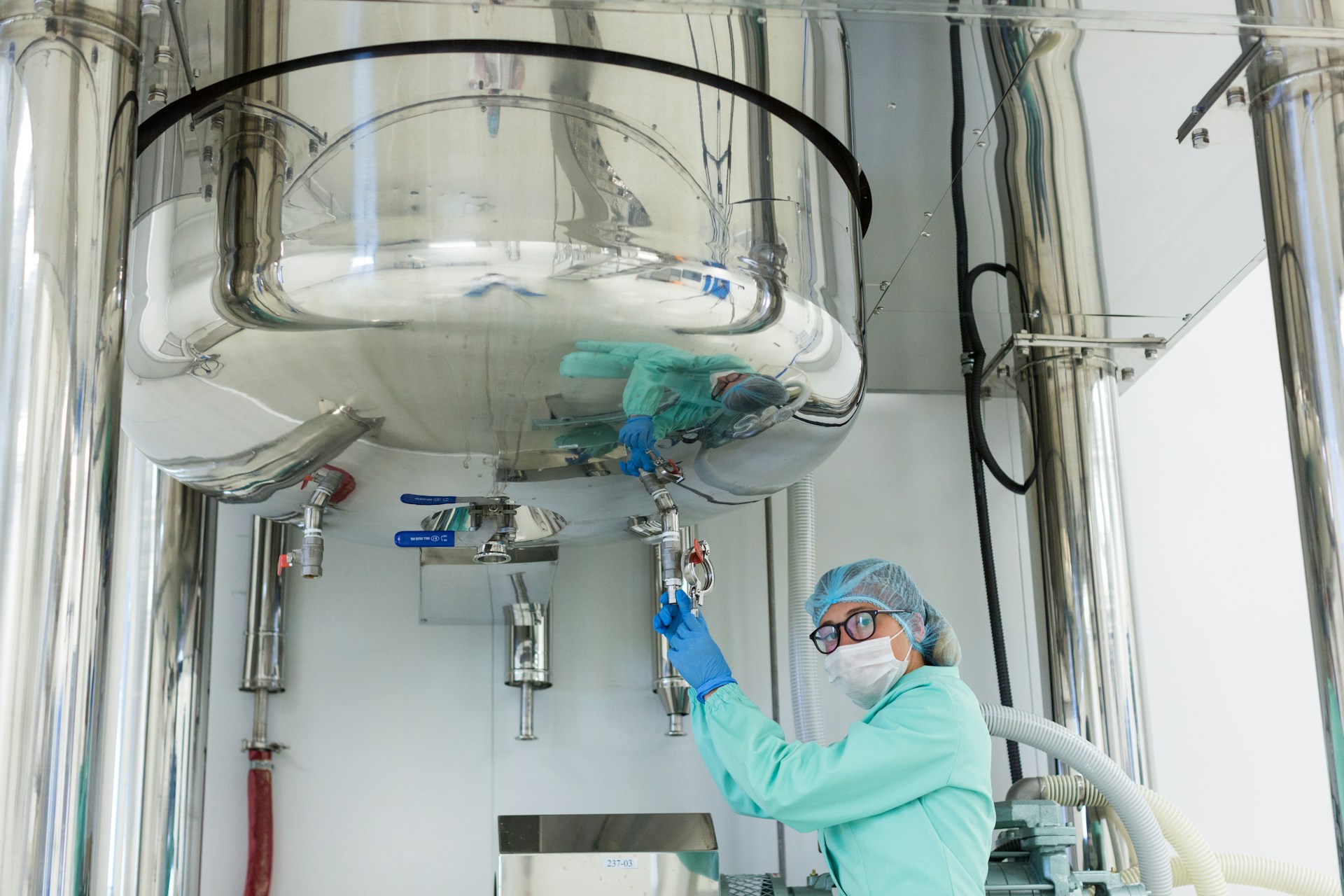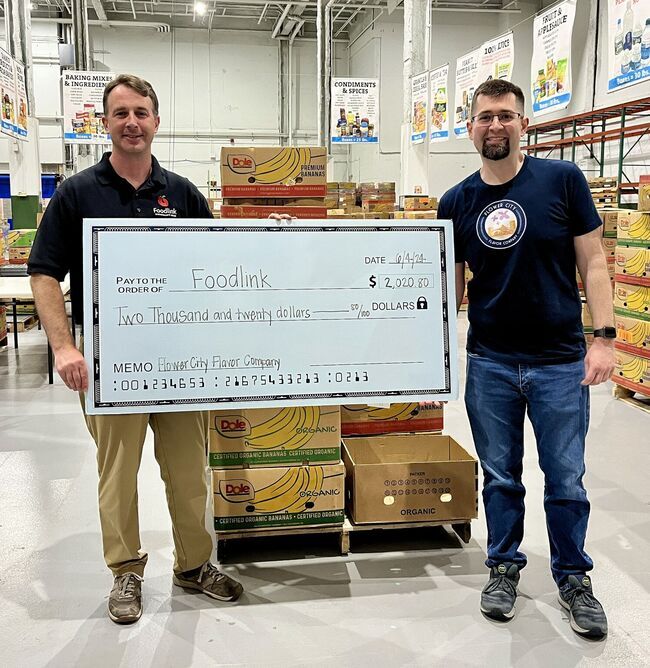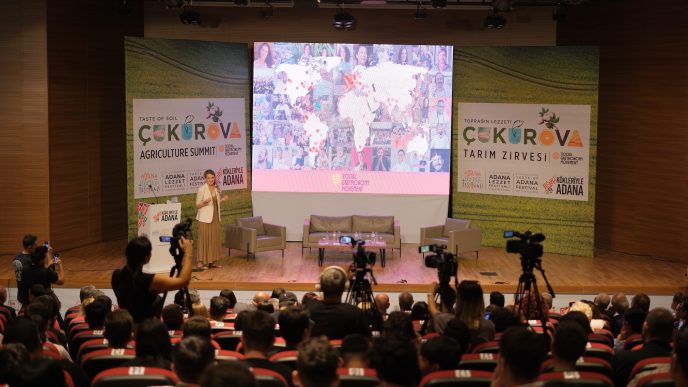One of the most exciting frontiers is how technology is transforming the food manufacturing industry. This evolution isn’t just about automating processes; it’s about enhancing the flavor, quality, and accessibility of the food we consume. From leveraging sophisticated algorithms to optimize recipes to employing cutting-edge machinery for increased efficiency, technology is reshaping how food manufacturers operate, innovate, and deliver products to a global audience. Here we discuss six pivotal ways technology is spicing up food manufacturing processes, making them smarter, faster, and tastier.
Flavor Optimization With Artificial Intelligence
The quest for the perfect flavor profile is now being powered by artificial intelligence (AI). Food manufacturers are utilizing AI to analyze consumer preferences and food data more extensively than ever before. This isn’t just about determining which flavors are favored, but about understanding the complex layers of taste and how they interact with human senses.
AI helps in predicting flavor combinations that might not be obvious to human creators, leading to innovative products you can create more quickly and that stand out in the competitive market. For instance, through the analysis of vast datasets on flavor outcomes and consumer feedback, AI can suggest unexpected ingredient combinations that could lead to the next big taste sensation.
Enhanced Food Safety With Real-Time Monitoring Systems
Ensuring food safety has always been a critical concern for manufacturers, and technology is providing more robust solutions to this challenge. Real-time monitoring systems and sensors embedded throughout the manufacturing process can detect pathogens, contaminants, and inconsistencies faster and more accurately than traditional methods. These technologies not only help in maintaining the health standards of the food produced but also reduce waste by pinpointing issues immediately, preventing large-scale spoilage. As manufacturers explore the options with these systems, they still use colors to sell food and drink more effectively by ensuring the visual quality and safety of products are up to consumer standards.
Sustainability Practices Powered by Tech
As global awareness of environmental issues grows, technology helps companies promote sustainability in food manufacturing. Advanced software and automation can optimize resource use, reducing water and energy consumption. These systems can also help in managing waste better by analyzing production patterns and predicting where reductions can be made.
Furthermore, technology enables the tracking of carbon footprints, allowing companies to monitor and adjust their environmental impact continuously. This change is not just about compliance with regulations; it’s about appealing to the eco-conscious consumer and improving operational efficiencies that can also lead to cost savings.
Finding Private Label Food Manufacturers Online
The search for reliable private label food manufacturers has traditionally been a challenge involving extensive research and vetting. Today, technology simplifies this process dramatically. Online platforms and databases now aggregate information about manufacturers, including capabilities, certifications, and reviews.
This centralized access to data allows companies to find the perfect match for their production needs without the previous geographic and communication barriers. As companies navigate these resources, they often look for food producers that align with their brand vision and quality standards. This technology-driven approach not only speeds up the selection process but also enhances transparency and partnership potential in the private label sector.
Robotics and Automation in Production Lines
Robotics and automation have revolutionized production lines in food manufacturing, improving both efficiency and precision. Robots are now deployed for tasks ranging from packaging to intricate food assembly processes that require high precision.
This technology minimizes human error, enhances production rate, and ensures consistency in product quality. Plus, automation allows for a smoother scale-up of operations to meet increasing demand without a proportional increase in labor costs. These advanced technologies are not just tools; they’re essential components of modern food manufacturing that keep companies competitive in a fast-paced market.
Customization at Scale With 3D Food Printing
The future of food manufacturing lies in customization, and 3D food printing is leading the charge. This technology enables manufacturers to create products tailored to individual preferences and dietary needs without sacrificing scale or efficiency.
Whether it’s customizing the shape, flavor, or nutritional content of food, 3D printers can deliver with remarkable precision. For businesses, this means the ability to offer a wider variety of options and personalize customer experiences in ways that were previously unimaginable, all while maintaining the efficiency of mass production.
Technology is not just changing the food manufacturing industry; it’s redefining it. Through AI, real-time safety monitoring, sustainable practices, streamlined searches for private label partners, advanced automation, and 3D food printing, technology is enhancing every aspect of food production. These advancements ensure that manufacturers can meet the growing demands of the global market more effectively while catering to the increasing consumer desire for quality, safety, and customization.








